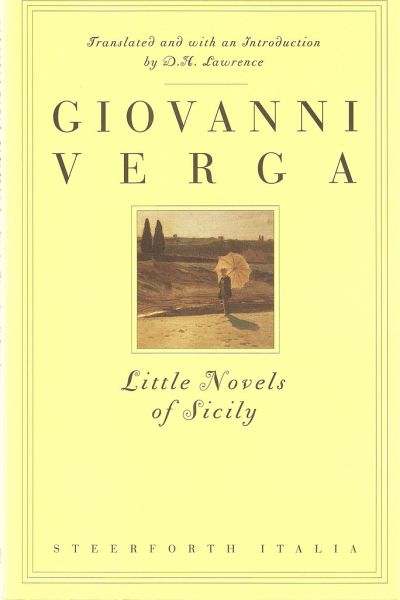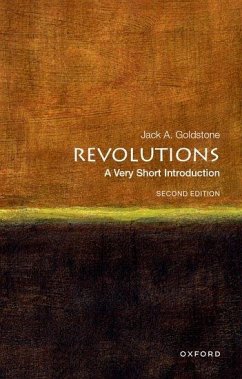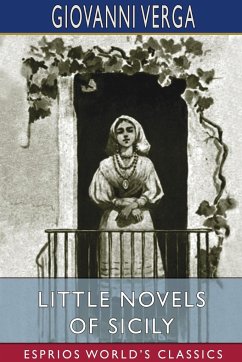
Little Novels of Sicily
Versandkostenfrei!
Versandfertig in über 4 Wochen
12,99 €
inkl. MwSt.
Weitere Ausgaben:

PAYBACK Punkte
6 °P sammeln!
First Published in a single volume in 1883, the stories collected in Little Novels of Sicily are drawn from the Sicily of Giovanni Verga's childhood, reported at the time to be the poorest place in Europe. Verga's style is swift, sure, and implacable; he plunges into his stories almost in midbreath, and tells them with a stark economy of words. There's something dark and tightly coiled at the heart of each story, an ironic, bitter resolution that is belied by the deceptive simplicity of Verga's prose, and Verga strikes just when the reader's not expecting it. Translator D. H. Lawrence surely f...
First Published in a single volume in 1883, the stories collected in Little Novels of Sicily are drawn from the Sicily of Giovanni Verga's childhood, reported at the time to be the poorest place in Europe. Verga's style is swift, sure, and implacable; he plunges into his stories almost in midbreath, and tells them with a stark economy of words. There's something dark and tightly coiled at the heart of each story, an ironic, bitter resolution that is belied by the deceptive simplicity of Verga's prose, and Verga strikes just when the reader's not expecting it. Translator D. H. Lawrence surely found echoes of his own upbringing in Verga's sketches of Sicilian life: the class struggle between property owners and tenants, the relationship between men and the land, and the unsentimental, sometimes startlingly lyric evocation of the landscape. Just as Lawrence veers between loving and despising the industrial North and its people, so too Verga shifts between affection for and ironic detachment from the superstitious, uneducated, downtrodden working poor of Sicily. If Verga reserves pity for anyone or anything, it is the children and the animals, but he doesn't spare them. In his experience, it is the innocents who suffer first and last and always.























